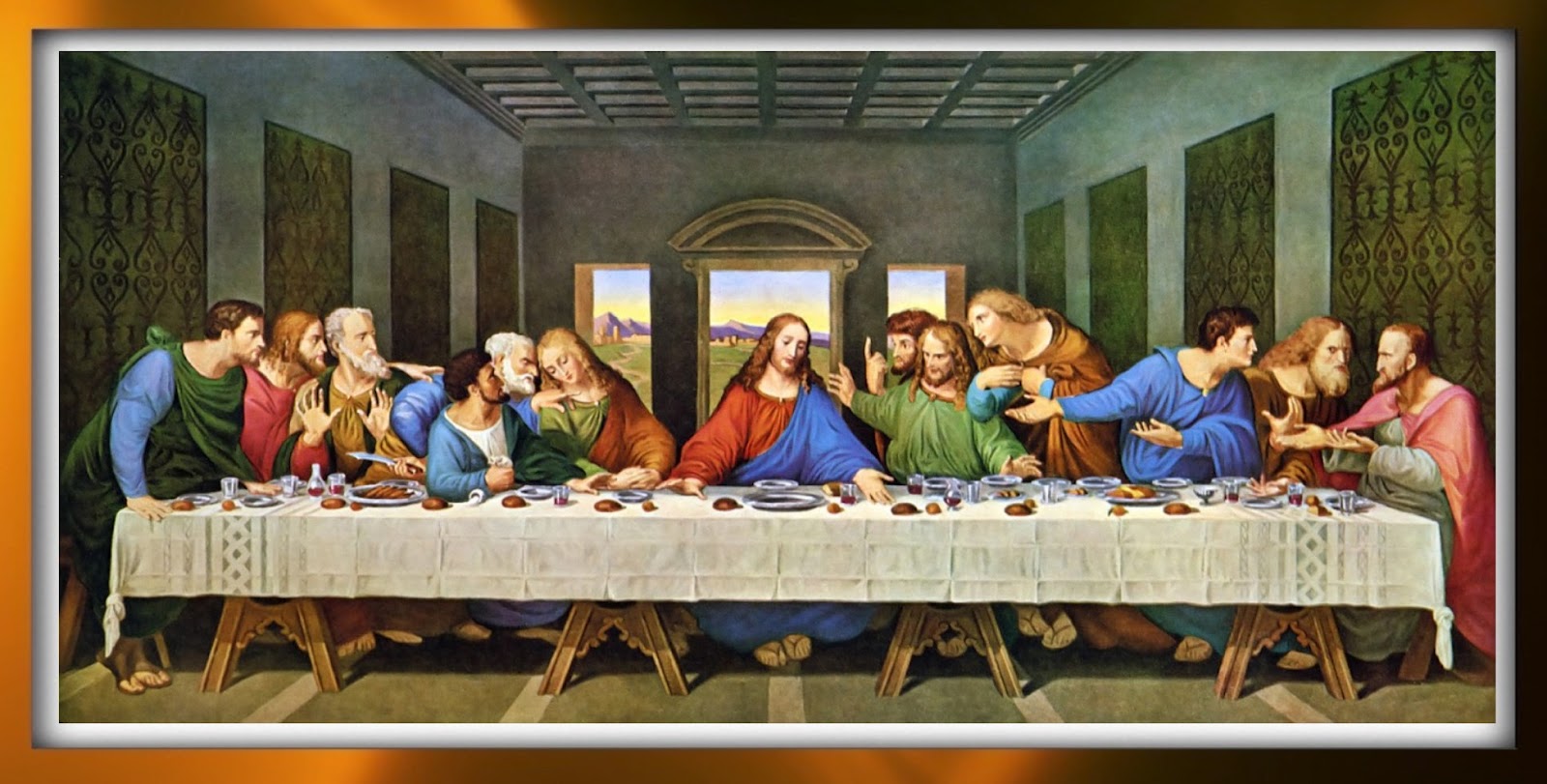To Be Like Jesus
At the Last Supper with His disciples, Jesus knew that one of them would betray Him, He would be crucified, and that He would rise from the dead. He also knew His disciples would scatter, leaving Him to suffer alone.
Jesu s understood what was before Him, and yet in obedience to His Father, He continued forward so we could be cleansed of our sins, be joined with Him and His Father, and enjoy fellowship together as one.
s understood what was before Him, and yet in obedience to His Father, He continued forward so we could be cleansed of our sins, be joined with Him and His Father, and enjoy fellowship together as one.
The opposition of the religious rulers had reached a climax. It was time. Time for false accusations and questioning by the religious and political rulers. Time to be mocked, scourged, and hung on the cross. Time to die.
He warned His disciples that He was about to be killed (Matt. 26:1-4). Then, taking them with Him, He went forth.
After an agonizing time of prayer, Jesus was met by Judas, leading “a great multitude with swords and clubs” coming to arrest Him (Matt. 26:47). When Judas betrayed Him with a kiss. Jesus responded with, “Friend (companion), why have you come?”
A mob came with swords, ready for a fight, but Jesus did not resist.
In contrast, Peter didn’t back down. He did what a man of courage would do when a mob attacks. He pulled out his sword, ready to stand for what is right. In his effort to protect his beloved Teacher, he cut off the ear of an attacker.
 Rather than thanking Peter for his courage, Jesus touched the man and healed his ear (Luke 22:51). Then He said to Peter, “Put your sword in its place, for all who take the sword will perish by the sword” (Matt. 26:52).
Rather than thanking Peter for his courage, Jesus touched the man and healed his ear (Luke 22:51). Then He said to Peter, “Put your sword in its place, for all who take the sword will perish by the sword” (Matt. 26:52).
In confusion, “all the disciples forsook Him and fled” (Matt. 26:56).
Deserted by His friends, Jesus submitted to the religious leaders and was led away. He was tried, mocked, and tortured before being nailed to a cross, But He went without resistance, as a sheep to the slaughter (Acts 8:32).
We’re familiar with the story. Maybe too familiar.
I’ve heard it at least once a year for years. However, as I read this passage a few days ago, certain aspects about the scene stuck with me.
- Judas was betraying Jesus, not acting as a friend. However, in His greeting Jesus overlooked the evil in Judas’s heart and spoke of what they had in common.
- Jesus didn’t rebuke Peter for drawing the sword or cutting off the ear. In the midst of animosity and chaos, He was gentle and straightforward with Peter, as he asked him to put away his sword.
- With an angry multitude seeking to end His life, Jesus had compassion and healed the ear of his enemy.
- Immediately after agony in prayer that was so great it led to sweating blood, Jesus acted with authority, apparent peace, compassion, and love in the midst of hostile chaos.
- What do these actions say about who Jesus is?
- What does it say to us about how He views us:
- When we betray Him?
- If we take matters into our own hands and blow it?
- What does it say about how He loves us–indeed, everybody—even those who seek to destroy Him.
Two things stood out to me as I read that passage. First, Jesus did not defend Himself in word or actions, but neither was He a helpless doormat. He demonstrated quiet authority as He yielded to the enemy.
Second, He exhibited selfless love and compassion for those around Him, including His betrayer, a faithful impetuous disciple, and the enemy who sought His death. God is love. His love was–and is–unconditional, unwavering, and encompasses the enemy.
We live in a time when it is often difficult to know how to live as a Christian. From meditating on this passage to discover how Jesus responded, I’m convicted that what made Jesus stand out in the crowd was His love.
His love was clearly demonstrated and it shone through the darkness. It wasn’t flashy and put on. He was/is anchored, secure, and motivated by His love of His Father. That love was/is part of Him, defining who He is. It shines because of its sincerity, simplicity, and purity. It is not contaminated by self interests.
“We love because He first loved us” (1 Jo. 4:19). Help us, Lord, to be like Jesus.